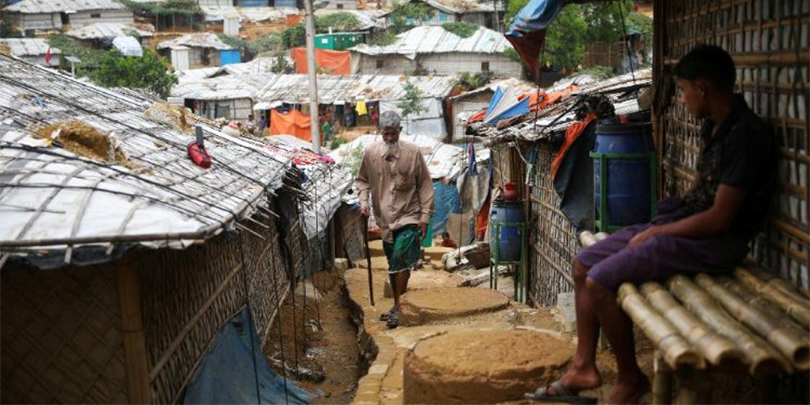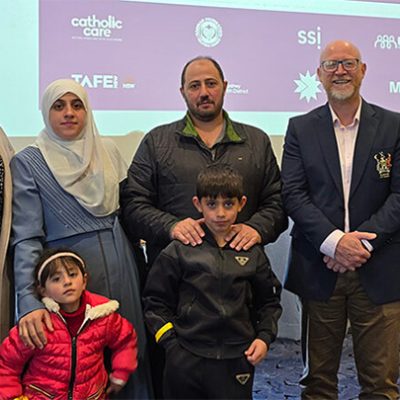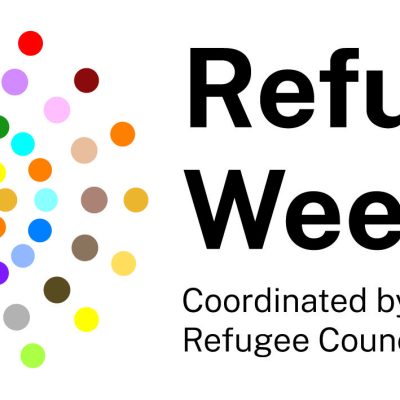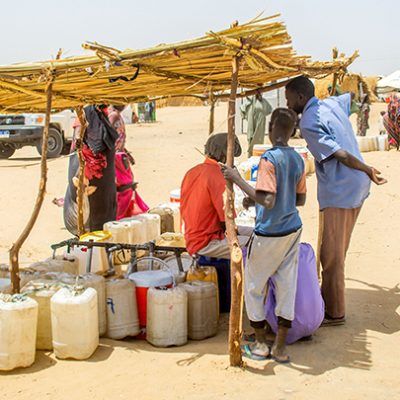
Seven years since violence broke out in Myanmar, Rohingya refugees continue to live in Bangladesh’s Cox’s Bazar, where conditions are dire and prospects of returning home are still distant. Source: Vatican News.
Almost one million Rohingya refugees are living in some of the world’s largest refugee camps in Bangladesh’s Cox’s Bazar area.
Sultana Begum, Asia regional head of humanitarian policy for Save the Children, described the living conditions in Cox’s Bazar as being “really squalid”.
“Security at the camp is terrible, there are lots of armed groups and violence is rising”, she said. It is clear from this brief description that it is no place for a child to grow up. But children comprise over half of the refugees in Cox’s Bazar, so the Rohingya crisis “really is a children’s crisis”.
Rohingyas are an ethnic minority group, predominantly Muslim, who reside primarily in Rakhine State, Myanmar. Before the Rohingya genocide in 2017, when over 740,000 fled to Bangladesh, an estimated 1.4 million Rohingya lived in Myanmar.
Pope Francis has often prayed for Rohingyas, including last Wednesday during his weekly General Audience, during which he asked that the world not forget the Rohingya refugees.
But the reality, says Ms Begum, is that “the Rohingya crisis is a forgotten crisis. We’re seven years in, it’s protracted. The media attention span is really short. It’s moved on to other stories.”
Now, around 500,000 Rohingya children live in the camps in Cox’s Bazar, and many of them, according to Ms Begum, “are already showing signs of depression and anxiety”.
Having figures such as Pope Francis speaking up for the rights of Rohingyas is very important, Ms Begum said, firstly so that “the Rohingya know that the international community hasn’t forgotten them” but also because “we need to continue to shine a spotlight on the situation of the Rohingya because they remain one of the most vulnerable groups in the world”.
FULL STORY
Rohingya refugees: victims of global silence (By Francesca Merlo,Vatican News)






